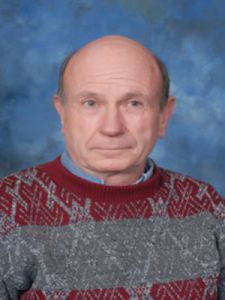Colloquium: Bob Burch, Texas A&M University
 Biography:
Biography:
Robert Burch is a member of the TAMU Philosophy Department. He has also taught at a number of other academic and non-academic institutions, both in the United States and elsewhere, including England and Russia. He has a wide range of interests and is a generalist in philosophy rather than a specialist in some particular philosophical topic.
ABSTRACT:
C.S. Peirce invented many devices of mathematical logic long before the philosopher(s) to whom these devices are standardly credited. Among these devices are the stroke-function and daggerfunction formulations of propositional logic, the quantifier/predicate/variable formalism for quantified logic, and the theory of lattices (dual groups). It is said that Peirce invented a technical account of infinitely great magnitudes prior to Richard Dedekind’s of 1888, and that Peirce invented a technical account of infinitesimals prior to Abraham Robinson’s non-standard analysis of 1964. The first claim will be shown to be correct, and that Peirce’s account of infinites of 1881 even entails Dedekind’s account of 1888. The second claim, however, to the effect that Peirce “anticipated” non-standard analysis does not seem to be quite correct, and Peirce’s efforts around 1900 to offer an account of infinitesimals and of the linear continuum likely falls prey to Cantor’s paradox or Burali-Forti’s paradox. Depending on the audience for the talk, the talk may concentrate on the early history of the continuum and infinitesimal analysis – in Pythagoras, Eudoxos, Aristotle, Archimedes, etc – and reserve most technical discussions of, say, generalized first-order theories, ultrapowers, etc for a future address.
